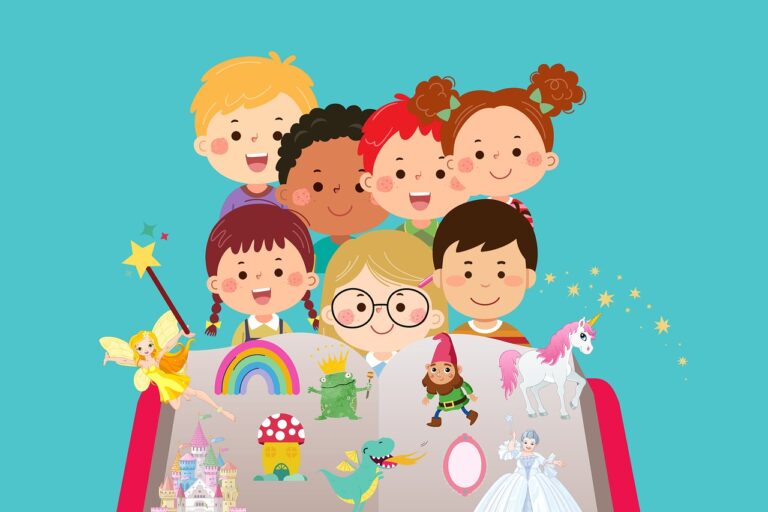Integrating Social Justice Curriculum in Public Schools: 11xplay reddy login password, Tigerexch247, Betbook 1
11xplay reddy login password, tigerexch247, betbook 1: Integrating Social Justice Curriculum in Public Schools
In recent years, there has been a growing movement to integrate social justice curriculum into public schools. This shift comes in response to the need for a more inclusive and equitable education system that addresses the systemic inequalities that exist in our society. By incorporating social justice principles into the curriculum, educators hope to empower students to become active agents of change and create a more just and equitable world.
The importance of social justice education cannot be overstated. In a world where racism, sexism, homophobia, and other forms of discrimination continue to thrive, it is essential that students are equipped with the knowledge and skills to challenge these injustices. By exposing students to a diverse range of perspectives and experiences, social justice education can help foster empathy, understanding, and a sense of responsibility towards others.
One of the key benefits of integrating social justice curriculum in public schools is that it helps students develop critical thinking skills. By examining issues of privilege, power, and oppression, students learn to analyze complex social problems and think critically about the world around them. This can help students become more aware of their own biases and prejudices and develop a more nuanced understanding of social issues.
Moreover, social justice education can also help students develop a sense of agency and empowerment. By learning about historical and contemporary social movements, students can see the impact that individuals and communities can have on shaping society. This can inspire students to become active participants in creating positive change in their communities and beyond.
Despite the many benefits of social justice education, some critics argue that it is too political or divisive for the classroom. However, proponents of social justice education argue that it is essential for students to grapple with difficult and uncomfortable topics in order to develop a more just and equitable society. By providing students with the tools to critically analyze social issues, educators can help foster a more inclusive and compassionate generation of leaders.
FAQs
1. What is social justice education?
Social justice education is an approach to teaching and learning that focuses on addressing issues of inequality, discrimination, and oppression. It aims to empower students to challenge systemic injustices and work towards a more equitable society.
2. How can social justice curriculum be integrated into public schools?
Social justice curriculum can be integrated into public schools through a variety of methods, such as incorporating diverse perspectives into existing subjects, creating stand-alone social justice courses, and providing opportunities for students to engage in service-learning projects.
3. Is social justice education only relevant for certain students?
No, social justice education is relevant for all students, regardless of their background or identity. By exposing students to a diverse range of perspectives and experiences, social justice education can help foster empathy, understanding, and a sense of responsibility towards others.
In conclusion, integrating social justice curriculum in public schools is essential for creating a more inclusive and equitable education system. By empowering students to challenge systemic inequalities and become agents of change, social justice education can help create a more just and compassionate society for all.







